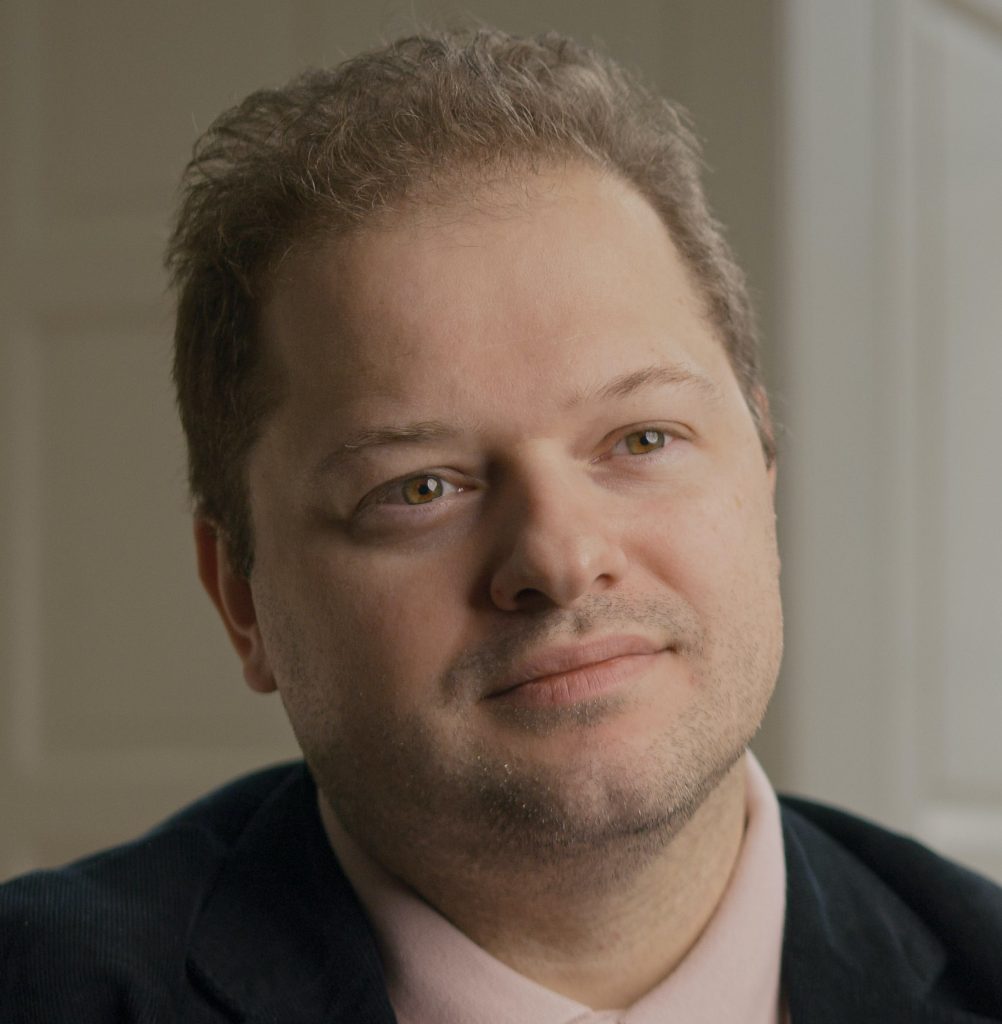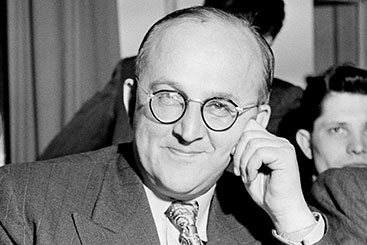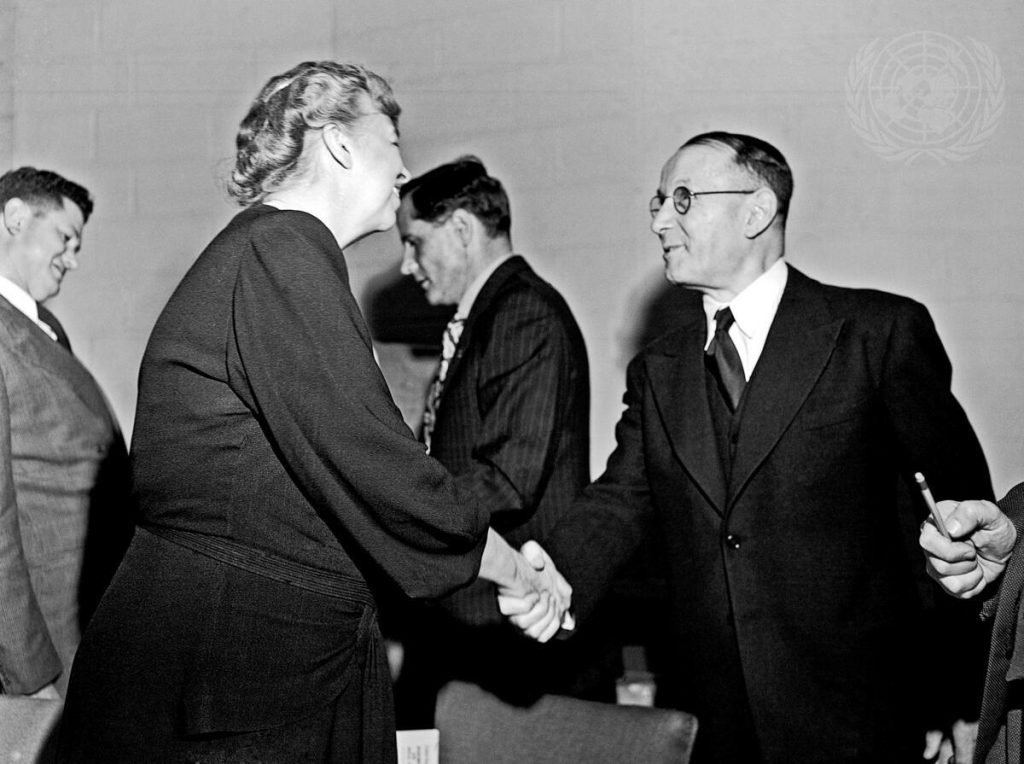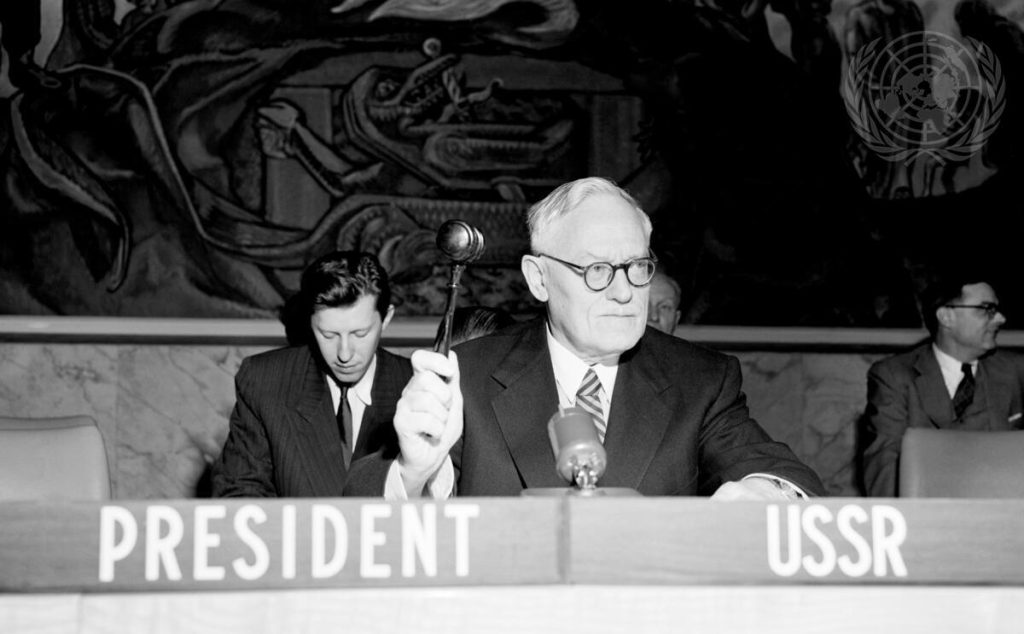
Dmytro Vovk is a visiting professor at the Benjamin N. Cardozo School of Law. This post is excerpted from an article in the December 2023 special issue of The Review of Faith & International Affairs commemorating the 75th anniversary of the Universal Declaration of Human Rights.
Soviets’ Lack of Interest in the Universal Declaration
The Soviet government seemed not to have any significant interest in the adoption of the Universal Declaration of Human Rights (UDHR). The Soviet member of the UDHR Drafting Committee, Alexandre Bogomolov, played only a passive role in the UDHR drafting process. His associates, including prominent Soviet international-law scholar Vladimir Koretsky, were more active, even though they were more concerned with blocking Western drafters’ proposals and ensuring absolute state sovereignty than with advancing human rights or promoting their universality. As a result, the Soviet Union proposed amendments to virtually every article of the UDHR but abstained from voting for the Declaration.

Soviet reluctance to support an international bill of human rights has a variety of explanations. From a political perspective, it is a truism that the Soviet totalitarian regime, which constantly practiced brutal repressions, persecution, and violence against its own population, was by definition incompatible with the idea of human rights. In the international relations domain, the Cold War was about to start, and Stalin’s regime did not perceive human rights as anything more meaningful than a mere rhetorical tool for labeling Western states as aggressors and colonizers.
In this essay, I focus on the legal aspects of the Soviets’ lack of interest in the UDHR rather than on the more thoroughly researched political context. I argue that, due to the nature of the Soviet political regime, Soviet law was fully incompatible with any meaningful idea of human rights, if such rights are understood to be more than benefits provided to loyal citizens by the government at its full discretion. To demonstrate this incompatibility, I explore three aspects of Soviet law: (1) the nature of law as Marxist-Leninist philosophy explains it, (2) Soviet understanding of human rights, and (3) Soviet theory of international law.
The Nature of Soviet Law
I have argued elsewhere that in the legal domain the influence of Soviet political religion manifested itself in a set of ideas or dogmas that I call “the symbol of faith in Soviet law.” These ideas include the nature of Soviet law, its role in society and the movement to communism, the way Soviet law interact with politics, and Soviet law’s relations with bourgeois (Western) law.
In Marxism-Leninism, law and politics are parts of the superstructure over the economic base (relations of production and exchange) and reflect this base. The economically domineering class utilizes political and legal institutions to protect its dominance. Thus, for example, a bourgeois state and its law reflect the domination of the bourgeoisie over other classes and serve as tools for advancing their interests, including strengthening the exploitation of other classes. The Bolshevik revolution destroyed the bourgeois domination and established a state of proletariat dictatorship.
This socialist state aimed to eliminate class contradictions and to lead the movement of Soviet society to communism via socio-economic transformations. At the final point of this movement, the state and law were expected to wither away. However, the process of the transition to communism itself presupposed not weakening but strengthening the state, which must protect the revolution from bourgeois attempts to restore its power through internal coups, sabotage, or even external interventions.

This led to the conclusion that, while moving society to communism, the state could use any element of superstructure (law, morality, religion, art, etc.) as a weapon against its enemies and a tool of social transformation. In this capacity, law is completely subordinated to the state and its political needs. It has virtually no autonomy or any independent value from politics. Any legal principle, norm, or procedure can be ignored if it prevents the state from reaching its ends.
Given these foundational principles, the state has no boundaries in recognizing or not recognizing certain rules as legal, nor does it have boundaries in applying these rules at its discretion. This does not mean that the state always operates as a completely arbitrary force or refuses to provide legal protection to individuals. But it does mean that the state can do so whenever its political goals (or its leaders’ political goals) require. For example, Soviet people enjoyed some protection of their labor rights, and many employees might receive long-term protection from the involuntary termination of their labor contracts. However, if the state wanted to have a political or religious dissident fired, no legal rules, courts, or trade unions would prevent the state from doing so.
This makes the Soviet legal system incompatible with any systematic limitations imposed on state power, including human rights as powerful boundaries of state arbitrary power. The logic of Soviet law’s subordination to politics presupposes that rights are benefits disseminated and protected by the state at its discretion. This dissemination and protection can or even should be unequally or selectively based, for example, on individuals’ political loyalty, class, or ethnic origin. However, if human rights are not equal or are protected in a discriminatory manner, they turn out to be “gifts” given by the state, which makes them genuinely irreconcilable with the UDHR and its basic premise that rights are inalienable and inherited through the equal human dignity of all human beings.
The Soviet Approach to Human Rights
From the Marxist-Leninist perspective, civil and political rights, even when they are protected by Western (bourgeois) constitutions, are neither meaningful nor real, because when individuals are starving, when they have no food or shelter, or when they lack educational opportunities and have to work from a very early age, they have no interest in exercising freedom of the press or electoral rights. Only social and economic rights are real rights, as they protect individuals from starvation.
However, the full enjoyment of economic and social rights as the most important and “real” rights presupposes change of the economic (and political) order of society led by the state. This means that, while exercising their civil or political rights, individuals are not allowed to prevent the state from reaching this goal.
In this framework, all civil or political rights can be compromised if they harm the transition to a more just economic order, which in practice means that they somehow oppose the state, undermine its omnipotence, or even seem “suspicious.” For example, while individuals or groups may be allowed to freely spread antireligious propaganda (as religion is a conservative force and a tool of control in the hands of the domineering class) or join state-sanctioned youth organizations, they might be punished for attempting to organize classes on Hebrew and Jewish culture (which was not allowed in the USSR), or to establish unofficial organizations, alternative to official organizations.
Given this conditionality of civil and political rights, Soviet legal scholarship argued, for example, that the Soviet constitution did not protect the exercise of political rights contrary to the goals of the state; as the Soviet state was an all-people state, there were no disputes between the state and private persons, and thus, there was no need for judicial review of administrative acts or independent courts to protect individuals from the executive branch’s arbitrary decisions.
This approach to human rights as conditional, different in different social systems, and dependent on the state’s will could hardly be reconciled with the very idea of common and workable international standards of human rights.
The Soviet Theory of International Law
The strict distinction between and opposition of socialist and bourgeois political and social systems, the role of the state as a messianic guide and a gatekeeper to a better and fairer world, and the statist understanding of law and skepticism toward the universality of human rights are reflected in Soviet theory of international law. Lauri Mälksoo characterizes the Soviet approach to international law as statist, dualist, and ant-human-right-ist. Statism presupposes the focus on state sovereignty as the foundation of international law and rejects the concept of non-state actors as subjects of international law. Dualism emphasizes the difference between domestic and international law. International norms must be explicitly implemented into (not just recognized by) domestic law to become a part of it; without this implementation, individuals cannot rely on international norms. Finally, anti-human-right-ism denies human rights as the foundation of international law and order or, at least, subordinates human rights issues to state sovereignty.
At meetings of the UDHR Drafting Committee, Vladimir Koretsky applied these ideas to the text of the Declaration. In particular, he warned against the Committee “embarking on a voyage which would lead it in the direction where it might cross the border which divides international law from internal law,” intervening “in the affairs of individual countries.” He criticized the UDHR draft for the tendency “to liberate man not from the persecution but from his own government, from his own people” and advanced the approach to drafting the UDHR that “would make its acceptance possible under any and all social system[s],” referring to ideological differences between so-called “First” and “Second” worlds.
Overall, this critique reflected the Soviet state-centered approach to international relations and further developed the above-mentioned Marxist-Leninist stance that rights must be exercised not against the state but only by the state’s will and to the extent rights do not oppose societal (in reality, state) ends.
Conclusion
If the idea of the international human rights bill was fully incompatible with the Soviet political regime and, consequently, with the Soviet legal system, one can ask whether the Soviet contribution to the UDHR had any meaning for international human rights law and whether adoption of UDHR was of any significance to Soviet law.
The Soviet contribution did help implement or strengthen some human rights in the text of the UDHR or, more broadly, in the international human rights agenda. These include gender equality and the right to work, among others. At the Drafting Committee’s meeting, Vladimir Koretsky insisted that the United Nations not signify its approval of the death penalty in any way and demanded not only the proclamation of the principle of equality but the delineation of its implementation by states.

However, the Soviet contribution was obviously for export only. Even though the Soviet Union abstained from voting for the UDHR, the Soviet government rushed to instrumentalize human rights as well as decolonization and anti-discrimination discourses as weapons against Western countries and their criticism of Soviet Union human rights violations. Within the Soviet Union itself, the UDHR, United Nations covenants and declarations, and documents of the Conference on Security and Co-operation in Europe were not available to the broad public, were not taught in detail in law schools, and, of course, were not applied by courts.
International human rights treaties played a more important role when the Soviet Union collapsed. Post-Soviet states attempted to transition from authoritarianism to democracy, and the UDHR, United Nations covenants, European Convention of Human Rights, and other international treaties served important roles in this transition and in formulating standards for political and legal reforms. These attempts at transition have led to very different results across the post-Soviet space, failing most obviously in the case of Russia. However, if Alexandre Bogomolov or Vladimir Koretsky had been told that the project in which they were involved from 1947 to 1948 would be utilized in the destruction of Soviet political and legal systems and in attempts to transform (if unsuccessfully) Russia into a democratic state, they would have been astonished and frightened.
